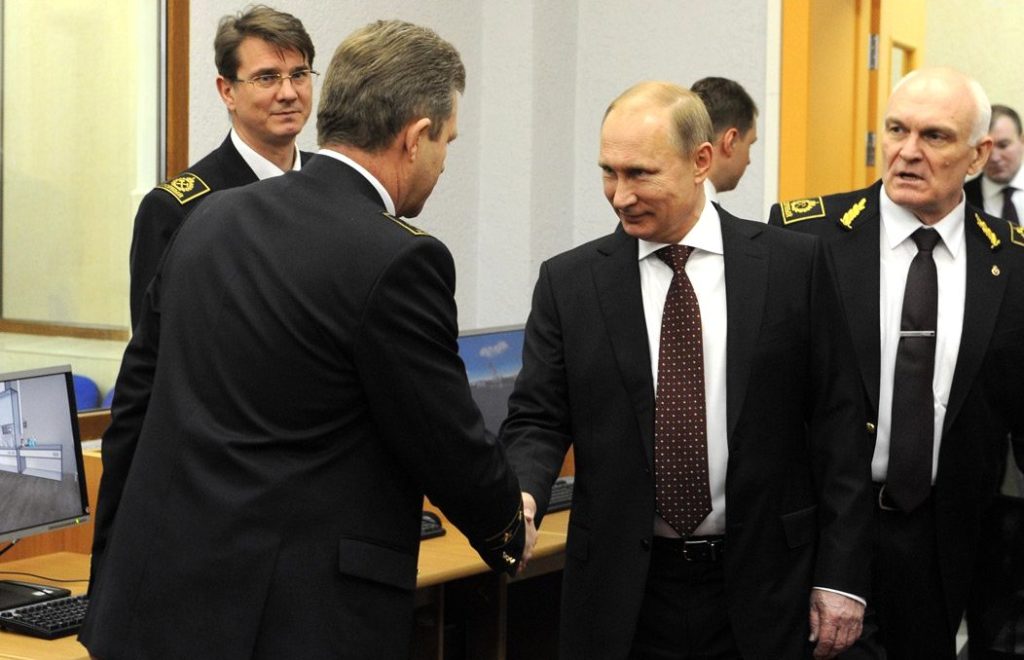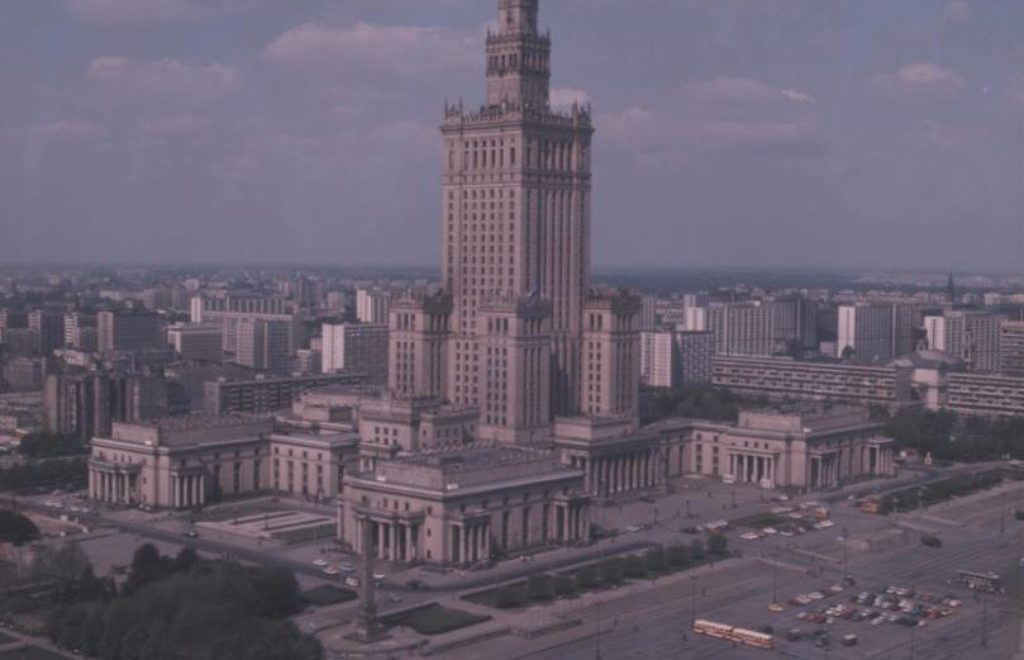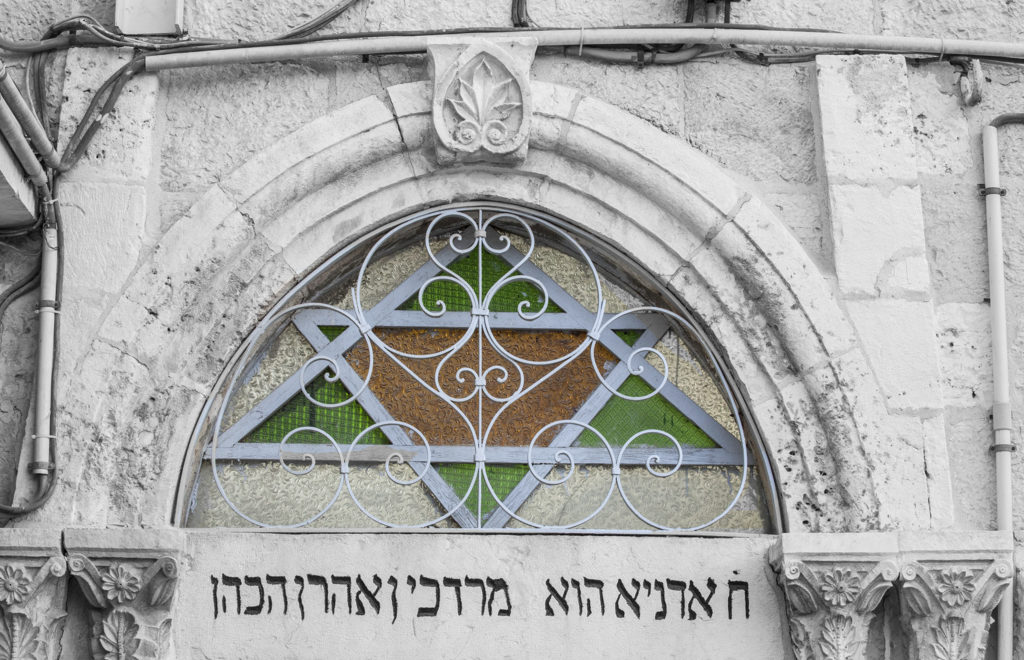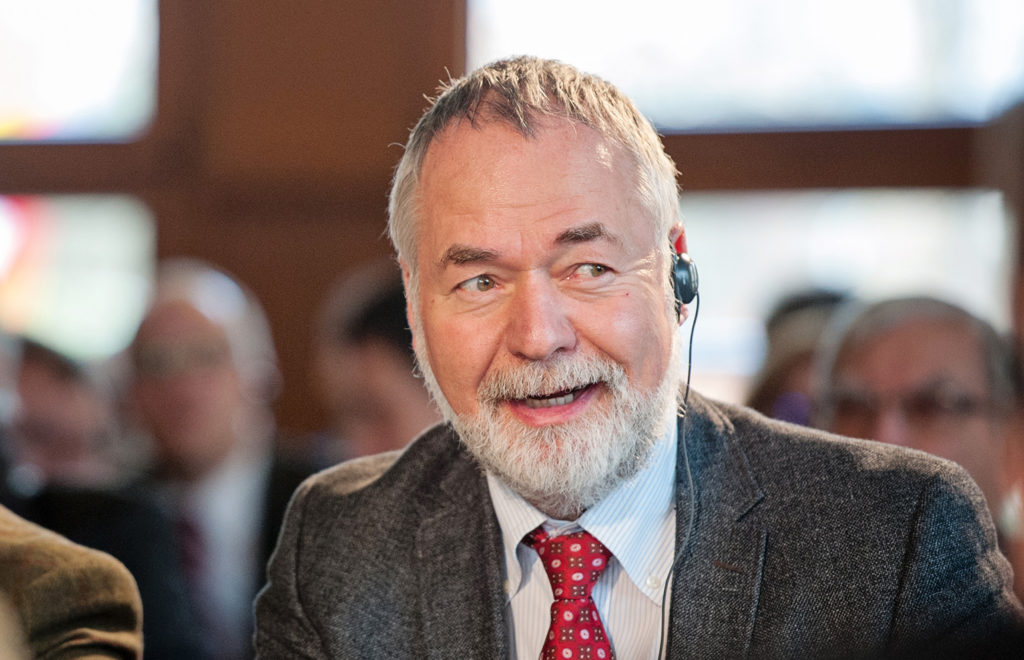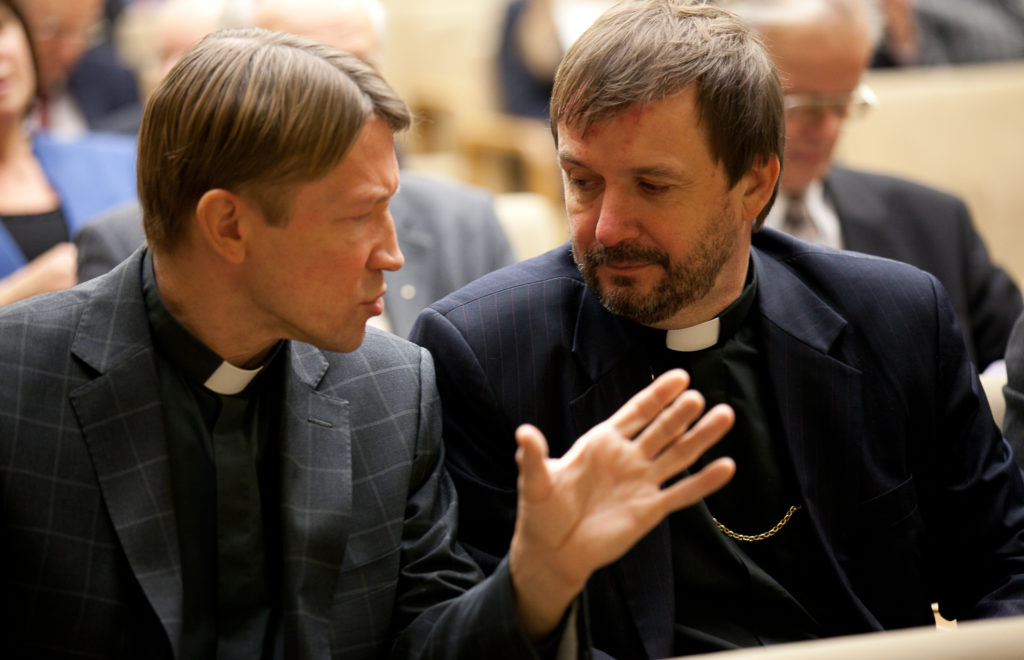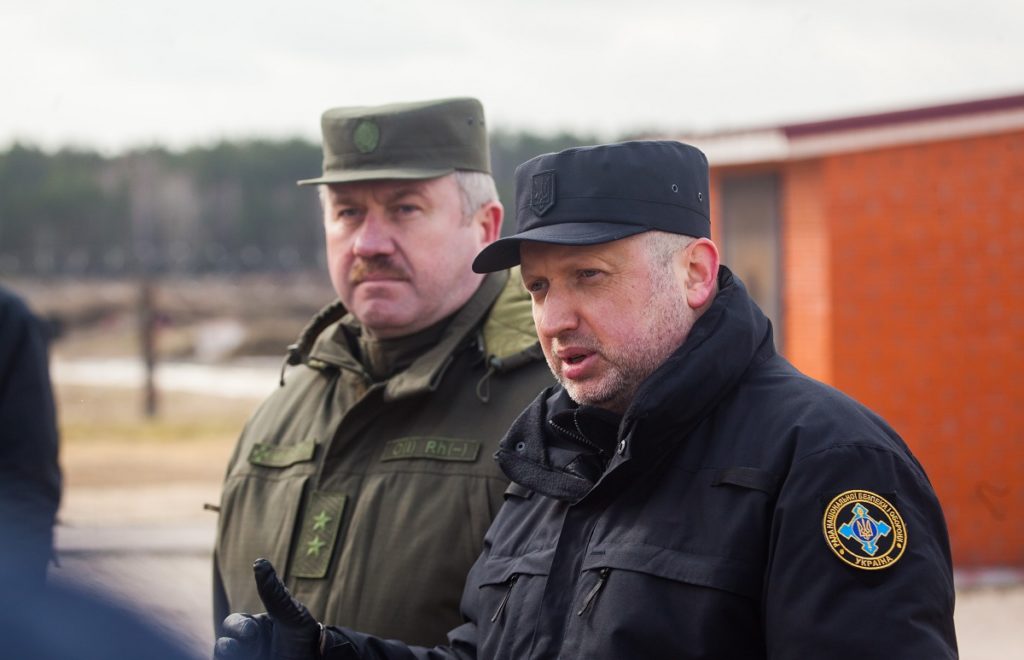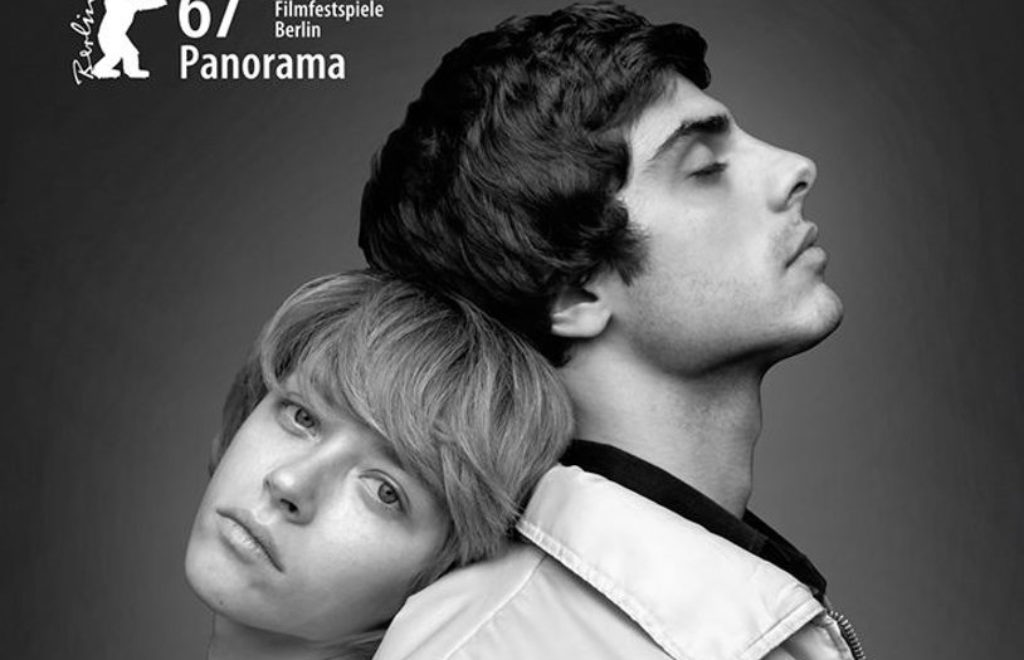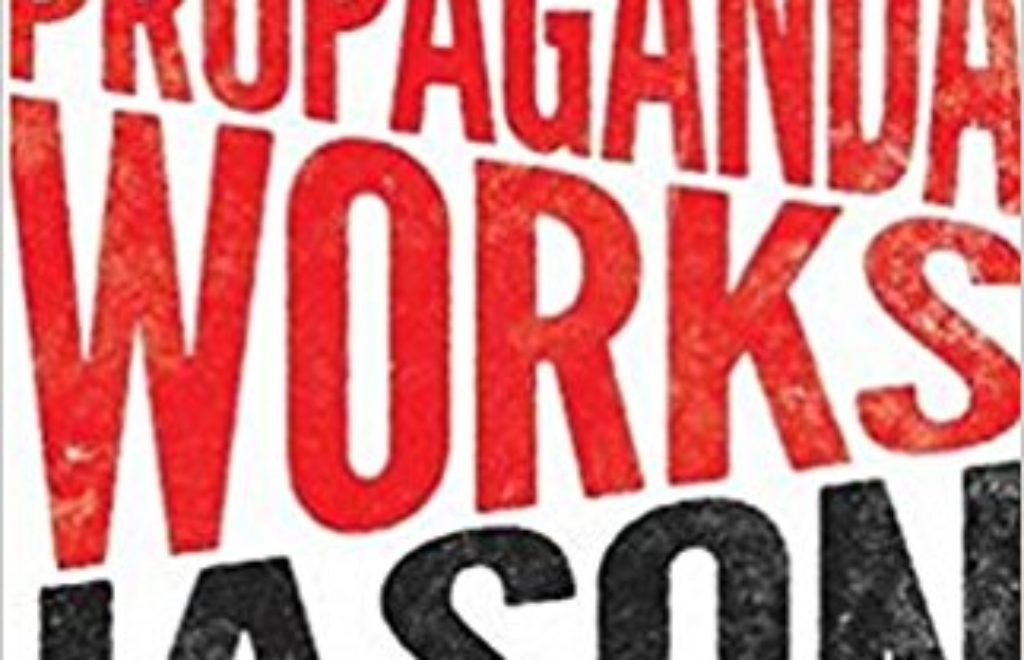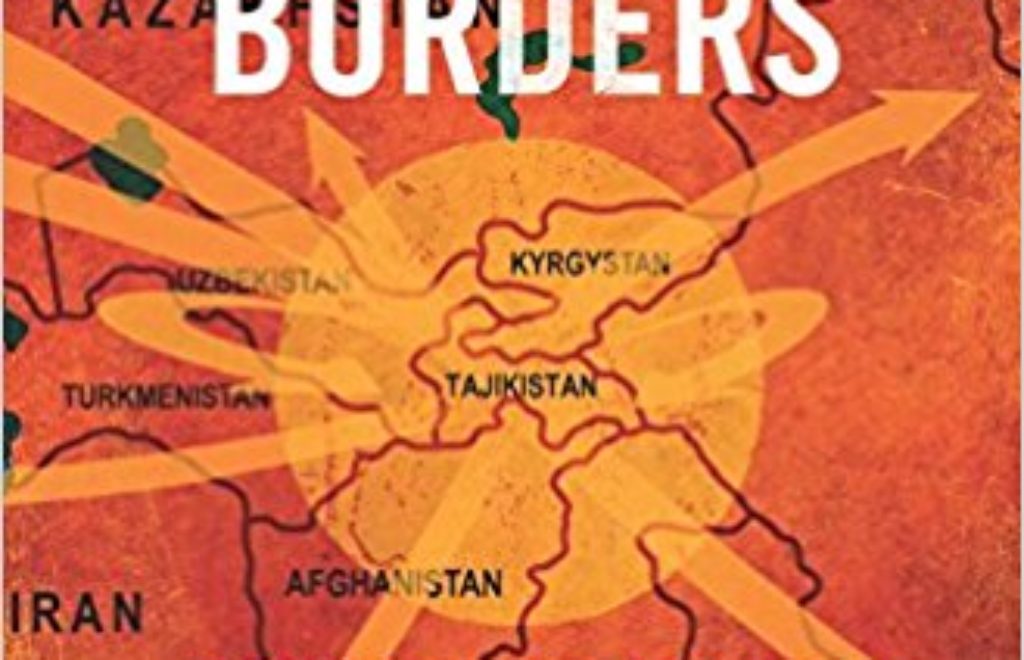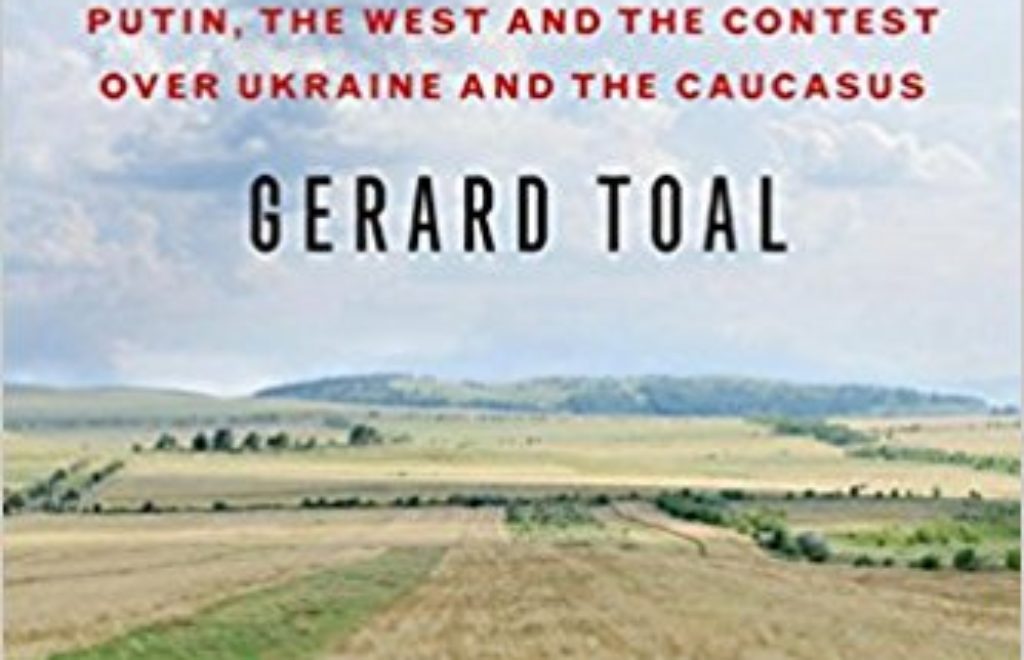A thief’s fear of punishment is incompatible with democracy
MACIEJ ZANIEWICZ: After watching your film, Who is Mr. Putin, one gets the sense that the whole Russian political system today grew out of the criminal world of the 1990s, which was created by Vladimir Putin himself.
ANASTASIA KIRILENKO: When Putin was a presidential candidate in 2000, journalists rushed to explain who he was. I remember very well the headlines: he is a man who came out of nowhere. In fact, in St Petersburg everyone knew very well who he was. There were enough criminal scandals connected to Putin. In 2000 many journalists were confused. Reporters from the Moscow Times went to St Petersburg and found people who had worked with Putin, but those people could not recall any details about what it was like to work with him.
October 4, 2017 - Anastasia Kirilenko Maciej Zaniewicz


